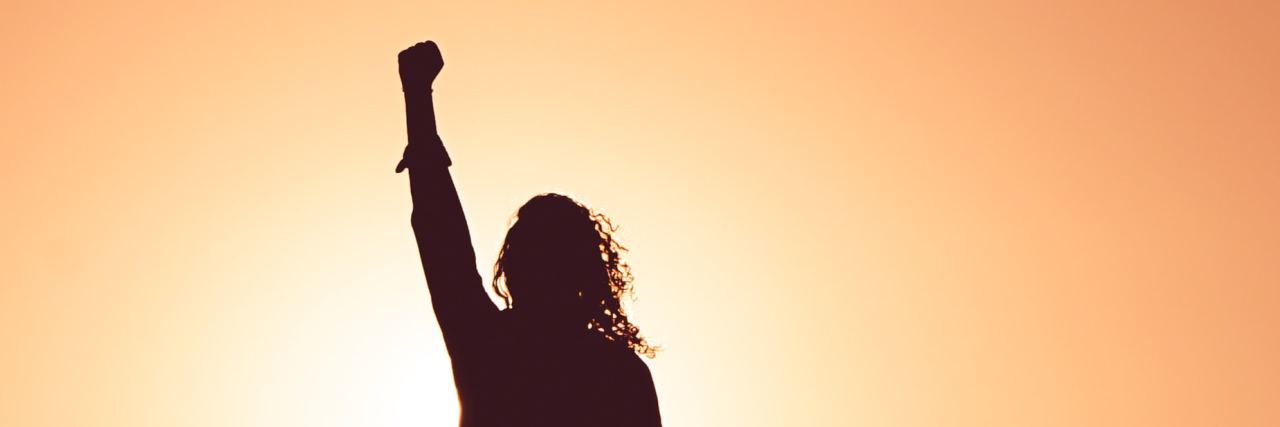Why We’re Fighting a War Against Diet Culture and Eating Disorders
Editor's Note
If you live with an eating disorder, the following post could be potentially triggering. You can contact the Crisis Text Line by texting “NEDA” to 741741.
As a recent graduate, one of my simple yet cherished moments each week is when my co-workers and I take a break from work to enjoy lunch together. While my anxiety is usually heightened by the food-centric moment, the gathering always offers a space to converse and laugh with my team. Although it is easy for me to feel incompetent in a new job role, the lunches remind me that I am surrounded by supportive people. They replenish my energy to fight the anxious thoughts and to keep adjusting to the new job.
But some days, the lunches remind me of how insecure our society has become. Some days, I sit at the conference table feeling sick to my stomach as I watch people bond over discussions regarding low calories or eliminating entire food groups. My eating disorder grasps onto the comments, getting louder with each sentence that is added to the conversation: “You still eat all those foods,” “you’re having way more calories for lunch than they are,” “told you it’s too much sugar.”
Perhaps the most universally agreed upon diet conversation-starter is how unhealthy certain foods are: “I shouldn’t have the dessert someone left in the office today.” Or, if they do choose to enjoy the snack, they criticize themselves aloud: “I’m so bad for eating that.”
Too many days, my eating disorder has torn me down with these thoughts, practically drowning me when someone else vocalizes their own guilt. For eating disorders, their comment is validation that I should feel disgusted with myself. Yet, as I continue to work around other people who are also faced with shame for providing themselves with physical or emotional nutrients, I am instead continuously overcome with a wave of sadness. Quickly, though, that sadness is replaced by anger — anger at the propaganda and false messaging surrounding people’s bodies and well-being. Anger that we have all been provided with a false definition of “health.”
Food is not moral. Food does not dictate your worth as a person, nor does weight or other body features, though society will do everything in its power to tell you otherwise. Society will criticize difference, saving a special cruelty for people in bigger bodies, people who are differently-abled, or people with different external features. It is unfair and shameful. Propaganda, false messaging and science funded by the diet industry: these are all shameful. You are not shameful for the food you put in your body to nourish your soul.
The more I hear how so many of us are faced with the same insecurities, the more I am determined to disobey eating disorders and all of their lies because eating disorders represent so much more than my own struggles. They represent a bullying epidemic that has been normalized to tell people that they are not enough. The dieting messages or illusion that “one perfect body image” should or does exist has caused us to deprive ourselves of self-love, nourishment and more genuine conversations centered on our experiences instead of our food intake. We’ve become so distanced from gentle nutrition, or the act of incorporating all foods and trusting our bodies to tell us what we need, that it seems as if counting calories, attacking our own bodies and avoiding social foods are universal conversation starters.
We are fighting a war against an industry built on our own insecurities, and we need to return to body trust and acceptance through nourishing ourselves and turning away from conversations about diet, both in and out of the workplace. I believe that disordered eating and negative body image are side effects of a society focused on self-doubt and individual blame. But, I also believe that fighting against diet culture, whether that means battling an eating disorder or advocating against food deprivation and false health information, offers an invaluable opportunity to create a new society built on connection and empathy for one another.
Photo by Miguel Bruna on Unsplash

